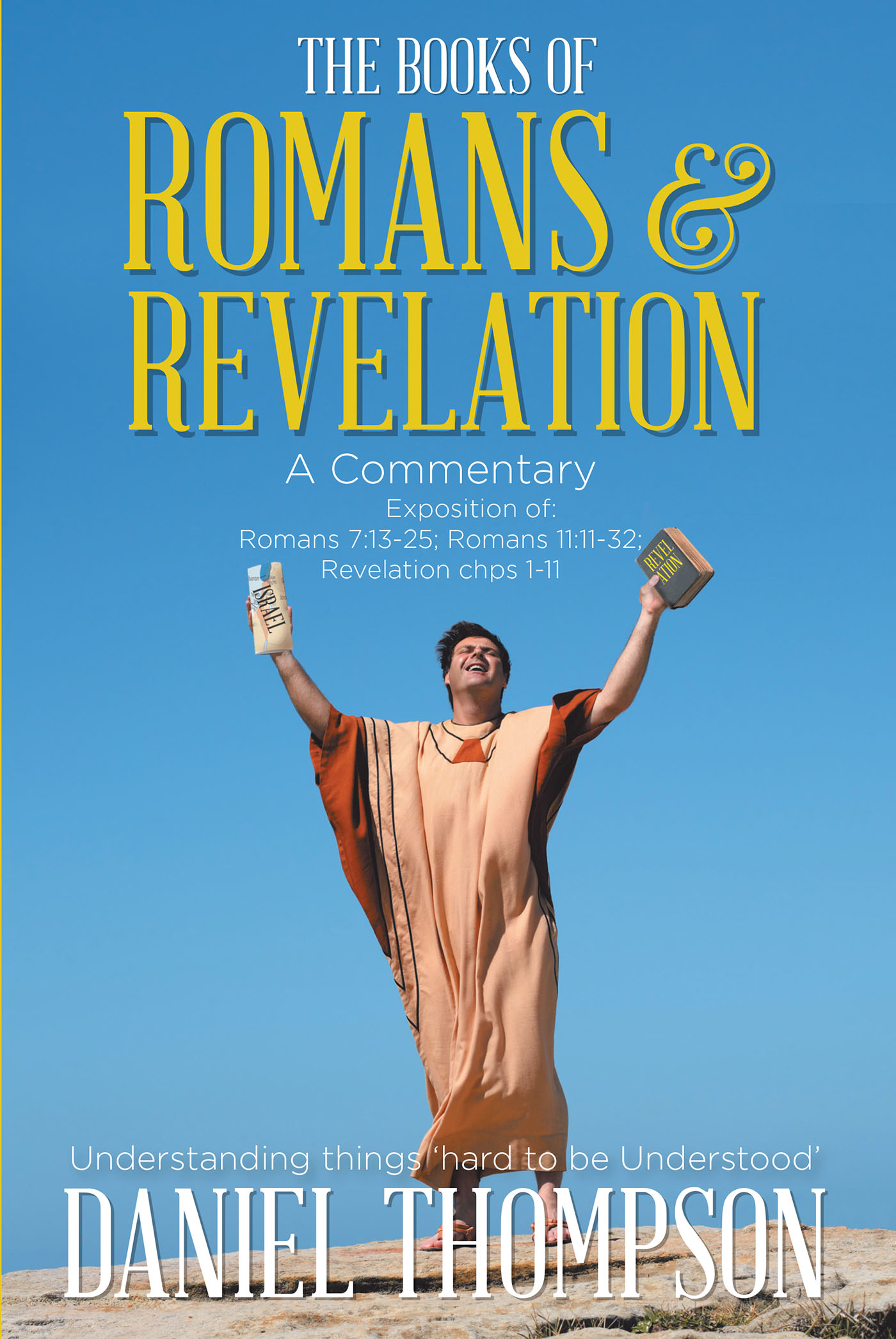Romans and Revelation: A Commentary

In the book of 2 Peter, the apostle writes under inspiration that another apostle, Paul, wrote aEURoeThings, in which are some things hard to be understoodaEUR (2 Peter 3:16). Imagine, one inspired apostle, speaking about another inspired apostleaEUR(tm)s writings. But such, as any Christian will testify, is the absolute truth about ScripturesaEUR"they can be hard to comprehend!In my years interacting biblically, there are three comments I would inevitably get about three Scripture portions that reflect the statement by Peter, two sections in PaulaEUR(tm)s letter to Romans (Romans 7 and 11) and one from the Apostle JohnaEUR"Revelation. With JohnaEUR(tm)s Revelation, difficulties are universal and always the same subjects of books and conversations: aEURoeHow should we read and interpret the book of Revelation with all the symbols, visions, etc.?aEUR Anyone today will be familiar with the Left Behind series and the work that spawned many such booksaEUR"The Late Great Planet Earth of the early aEUR(tm)70s. Ideas on this book are legion.I have expounded on the first eleven chapters of RevelationaEUR"verse by verseaEUR"to attempt to show that the intended edification John had in mind when writing this work (see Revelation 1:1aEUR"3 etc.) actually was understood and edifying to the saints of the first century (and also to us). I wrote to show that if we are careful to lean on the Old Testament and its style of writing (in particular the book of Daniel), the book of Revelation turns out to be quite a straightforward work especially if we let Scripture interpret Scripture (example: Revelation 6:16 compare Luke 23:27aEUR"30). Indeed I think the truths of Revelation chapters 1 through 11 are so self-explanatory that the chapters that follow (if we keep comparing Old Testament and New Testament Scriptures) will fall quite naturally into place. Details may be tough, but general themes come out much clearer.In my life, preaching and exhortation a section of the Bible somewhat akin to the subject of Revelation would arise day in and day out: what is the meaning of Romans 11:26a, aEURoeAnd all Israel shall be saved,aEUR and how does it speak to the future of Israel? This verse was the central text for our greatest expository thinkers, the Puritans, and from the 1600s through the 1800s and into our twentieth century. This chapter was the basis for what was known as Puritan PostMillennialism (as opposed to the PreMillennialism of men like Tim Lahaye and Hal Lindsay).In this book, the section on Romans 11 (like Revelation and Romans 7) is handled verse by verse and is expounded systematically and slowly so that the mysteries that have often hung over Christians here might be seen in a newer, clearer light. In my travels, IaEUR(tm)ve found many books, and too many conversations, approach these passages without regard to surrounding ideas. There is a desire for answers to Bible verses that, as Peter said, were hard to be understood and, without some patience, we will twist to our own harm and misunderstanding.Views are abundant when the subject is Romans 7. The inevitable comment or questionaEUR"asked in multiple ways is: who is that guy in Romans 7 that cannot do what he wishes to do? It was Romans 7:13aEUR"25 that this type question arose, and I discovered over a period of a year the various views of this passage as well as the beauty, power, and answer to the question of: who is that guy in Romans s7? Indeed the study and writing of just Revelation chapters 1aEUR"11; Romans 7:13aEUR"25; and Romans 11:11aEUR"32aEUR"verse by verseaEUR"bore the fruit I believe we all desire when the going gets tough.This book is the fruit of a slow and steady exposition of these three aspects of the Scriptures: Romans 7:13aEUR"25; Romans 11:11aEUR"32; and Revelation chapters 1aEUR"11. As in any work in the Word of God, the wonders and glories you gain are incalculable.










